Officer Who Oversaw 2Pac Breaks Silence: Shocking Prison Truths
Correctional Officer Who Oversaw 2Pac Breaks 30 Years of Silence & Reveals Shocking Truths About His Time Behind Bars
For nearly three decades, former Clinton Correctional Officer Michael Christopher stayed silent about one of the most defining chapters of his career: the months he spent overseeing Tupac Shakur during the rapper’s incarceration in 1995. Now, in an exclusive interview, Christopher gives WorldWide Entertainment TV a rare, unfiltered look into 2Pac’s life in prison — his mindset, his fears, his humor, and the painful realities he faced behind the walls of Clinton Correctional Facility.
What he reveals upends long-held assumptions about the rap icon’s time in prison and sheds new light on the legend’s final years.
🔥 The Mysterious “Crossroads” Photo Tupac Gave Him
One of the most shocking revelations is a handwritten photo Tupac gifted Christopher:
“See you at the crossroads. West Coast all the way.”
Christopher says Tupac personally encouraged him to write a book about his experiences — not only about prison life, but about 2Pac himself — as long as he “kept it real.”
He now believes Tupac intentionally gave him the photo as a “hook” for the future book the officer was too afraid to write at the time.
🔥 The Meaning of “See You At the Crossroads” — Death Row, Destiny & Sacrifice
Christopher connects the message to a deeper conversation they had.
He claims he warned Tupac that signing to Death Row Records could be like “selling your soul to the devil,” referencing the legend of blues musician Robert Johnson, who supposedly gained talent by making a pact at the crossroads.
According to Christopher:
-
Pac already knew the story
-
Pac laughed
-
And Pac said he didn’t care who he signed with, as long as it got him out of prison
Christopher believes that Tupac’s decision to sign with Death Row — and the world he entered afterward — played a role in his early death.
“I feel that choice helped lead him to his fate.”
🔥 “He Knew He Didn’t Have Much Time” — Tupac’s Intense Work Ethic
Christopher says Tupac had an energy he’d never seen before:
“He packed 25 hours into a 24-hour day.”
Pac was always:
-
Thinking
-
Creating
-
Observing
-
Transforming conversations into meaning
Christopher compares his approach to Bruce Lee — both men lived like they were racing a clock.
He now believes Tupac knew deep down that his life would be cut short.
🔥 Officer & Inmate: A Rare Bond Built on Respect
Despite their roles, Christopher says his relationship with Tupac proved that mutual respect can exist even within the harsh environment of a maximum-security prison.
He treated Pac the same way he treated all inmates:
-
Without discrimination
-
Without favoritism
-
Without racial bias
Pac respected him because he was consistent — something the star rarely experienced from authority figures.
“I didn’t see color. I saw personalities.”
🔥 Racism Behind Bars: The N-Word Incident
When Tupac first arrived at Clinton, Christopher recalls an officer referring to him with a racial slur in front of a group of staff.
Christopher didn’t find it funny — but also didn’t feel safe speaking up in a culture where officers protected each other, even when wrong.
This moment revealed how targeted and isolated Pac was from day one.
🔥 Tupac’s First Impression: Cold, Blank, Defensive
When Christopher first approached Pac, he was met with silence — a blank stare, no emotion, no acknowledgment.
Christopher confronted him:
“Do you have a problem?”
Pac eventually cracked a smile, introduced himself, and shook his hand. From that moment:
-
The tension vanished
-
Pac trusted him
-
Their respectful bond was formed
🔥 Tupac as a Teacher: Helping Inmates Earn GED Diplomas
One of the most surprising revelations in the Art Of Dialogue interview is that Tupac served as a teacher’s aide in the prison.
Despite having only a 10th-grade education, Pac:
-
Helped other inmates study for GEDs
-
Commanded the classroom
-
Inspired students
-
Spoke with clarity, intelligence, and purpose
Christopher was stunned at his natural leadership:
“They listened to him. He had their full attention.”
🔥 Pac’s Humor: Making Fun of His Bullet Wounds
During a strip frisk procedure, Tupac joked about his five bullet wounds — even breaking into AC/DC’s “Big Balls.”
To Christopher, this was clearly a coping mechanism, a way to reclaim control over a humiliating process.
Pac also asked him to tell officers:
“I got two nuts.”
Because some guards mocked him as “one nut” after his shooting injuries.
🔥 A Man Searching for a Father Figure
In one of the interview’s most emotional moments, Christopher recalls conversations where Tupac opened up about his upbringing.
Pac admitted he never had a father figure, and the streets became his family.
Christopher believes Tupac spent his entire life subconsciously searching for the guidance he never received.
A 30-Year Secret Finally Told
After decades of silence, Michael Christopher now believes the world deserves to know the real Tupac he observed:
-
Brilliant
-
Funny
-
Flawed
-
Fearless
-
Guarded
-
Vulnerable
-
Purpose-driven
-
And racing against fate
This interview doesn’t rewrite history —
it deepens it.
It shows Tupac not as a myth or martyr, but as a young man carrying the weight of destiny, trauma, genius, and the pressure to outrun time.
And for the first time ever, a correctional officer who saw him up close is telling the story exactly as Tupac asked him to:
“Keep it real.”
Share this content:
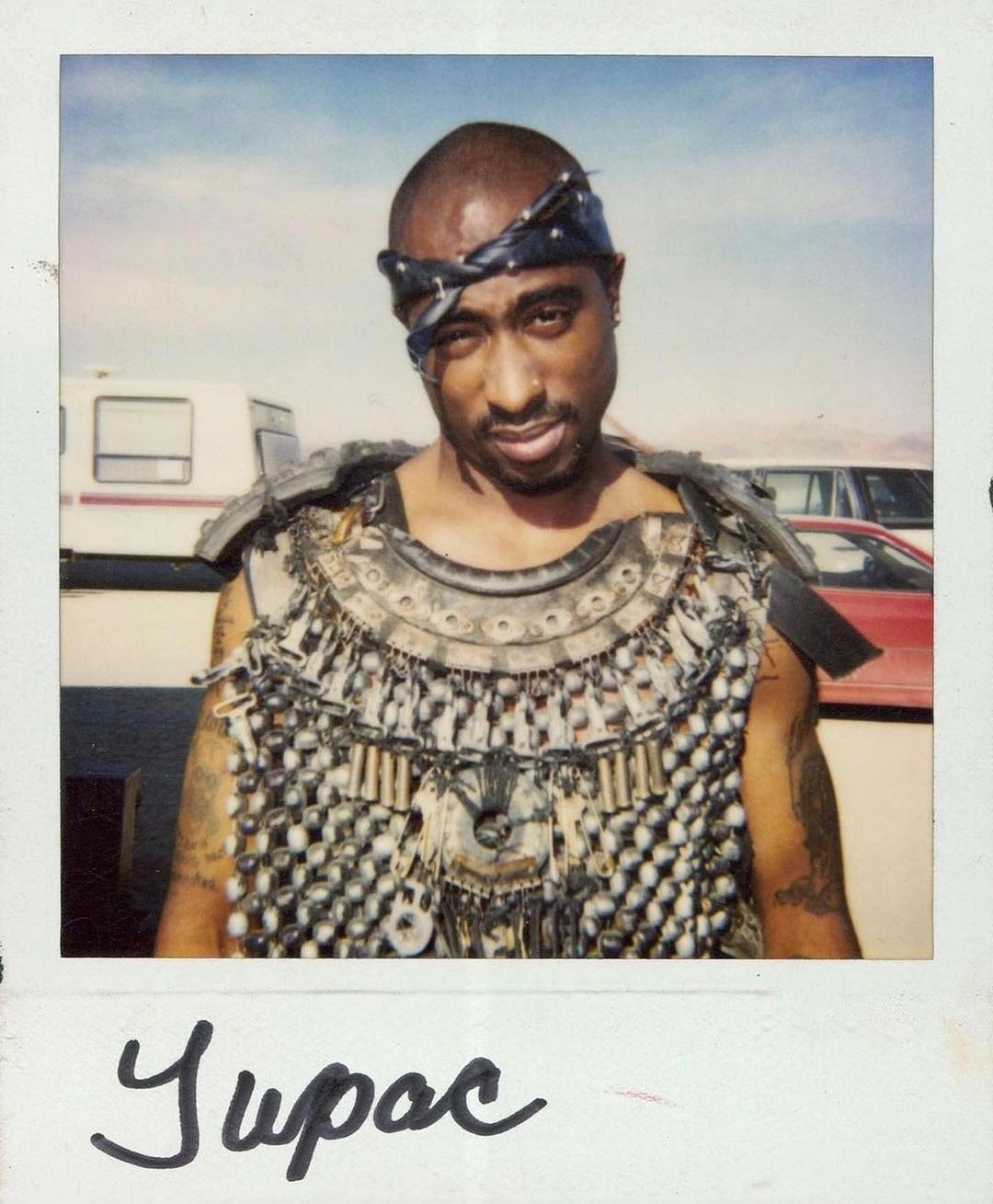
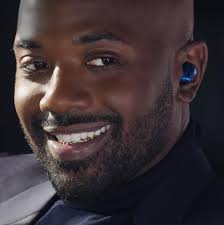

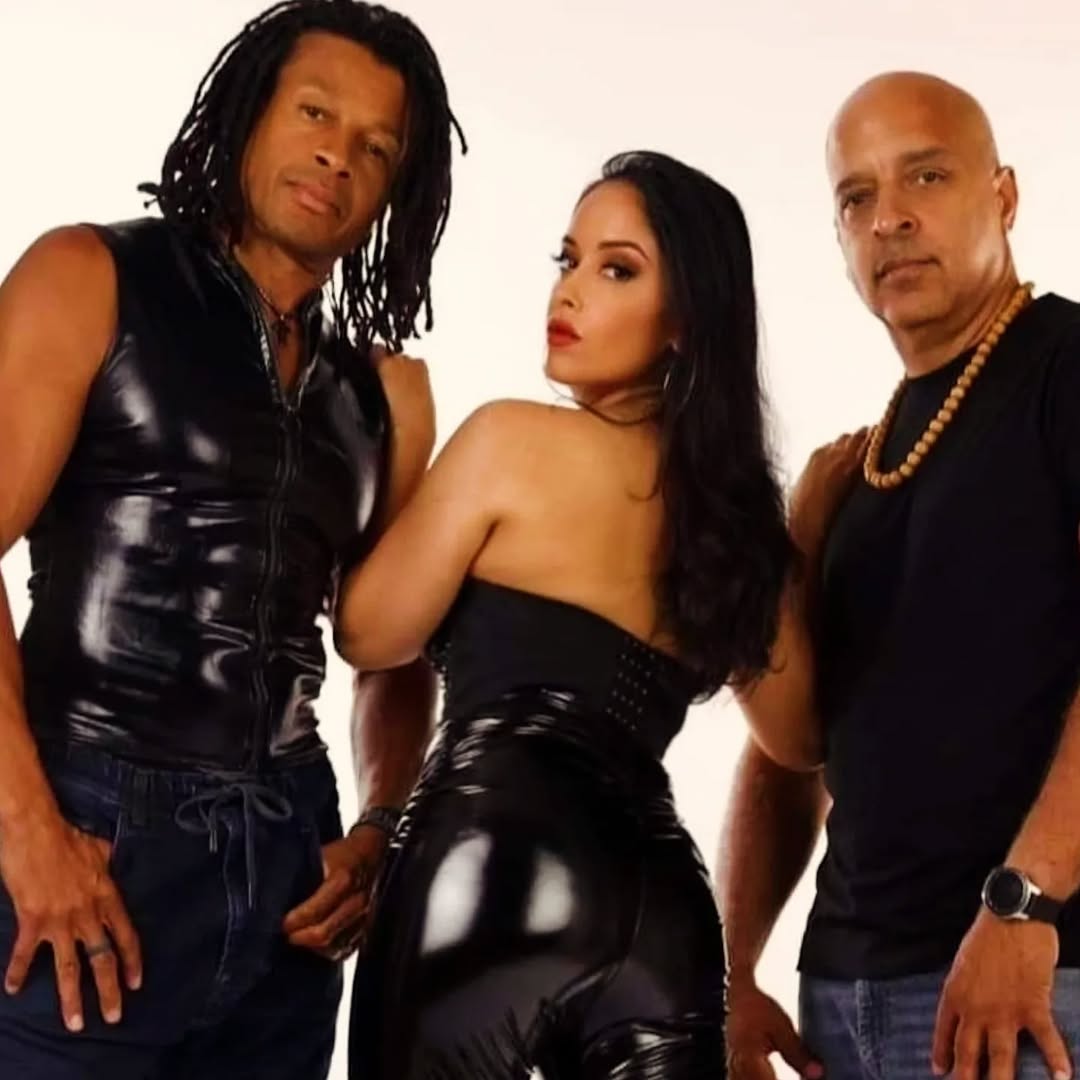
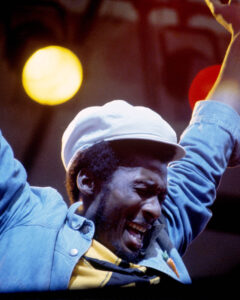






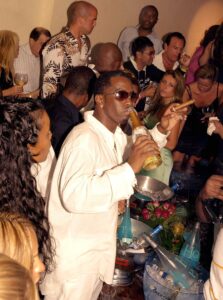

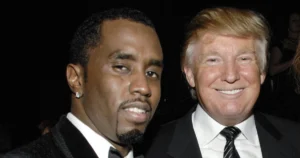
Post Comment